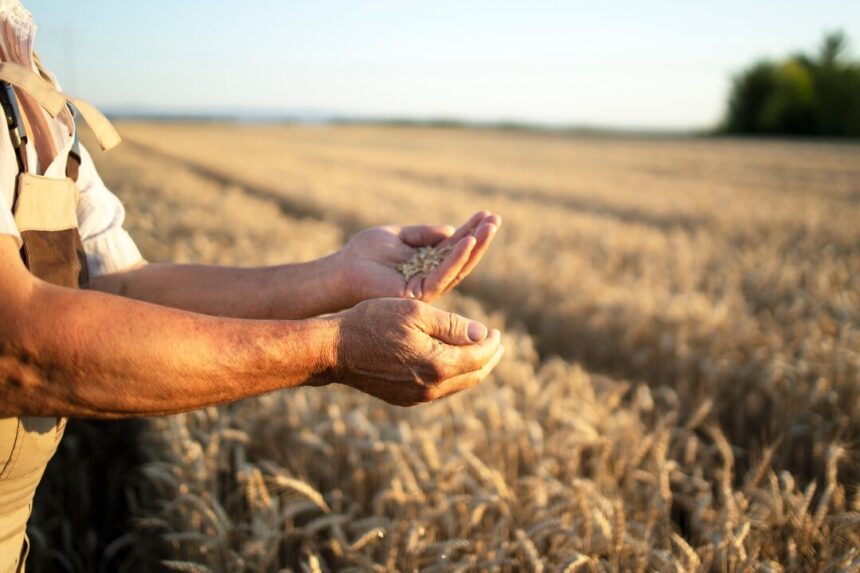In the face of growing global food demand, shrinking arable land, and the challenges posed by climate change, precision farming tools have become indispensable. These tools leverage technology to provide data-driven insights, enabling farmers to optimize resources, reduce waste, and ultimately maximize crop yields. For South African farmers, adopting precision farming techniques can lead to increased profitability and sustainable agricultural practices.
Precision farming tools are designed to collect and analyze data about soil health, weather conditions, and crop performance. By offering actionable insights, they allow farmers to make informed decisions about planting, fertilizing, irrigating, and harvesting. These tools play a crucial role in ensuring that every hectare of land is utilized efficiently, resulting in higher productivity.
One of the most critical aspects of precision farming is soil analysis. Tools like soil sensors and GPS mapping systems provide detailed information about soil composition, pH levels, and nutrient availability. With this data, farmers can apply fertilizers and soil amendments more effectively, ensuring that crops receive the nutrients they need while avoiding overapplication that can harm the environment.
Another essential component of precision farming is irrigation management. Water is a scarce resource in many parts of South Africa, and inefficient irrigation practices can lead to significant losses. Precision irrigation tools, such as moisture sensors and automated irrigation systems, help farmers monitor soil moisture levels in real time. This ensures that crops receive adequate water without over-irrigation, saving both water and energy.
Weather monitoring tools also play a vital role in maximizing yields. Weather stations and mobile apps provide localized, real-time weather forecasts, helping farmers plan their activities around rainfall, temperature changes, and wind patterns. This minimizes the risk of crop damage and ensures optimal growing conditions.
Drones and satellite imaging are increasingly popular in precision farming. These tools provide aerial views of fields, enabling farmers to identify pest infestations, nutrient deficiencies, and crop health issues early. By addressing these problems promptly, farmers can prevent yield losses and improve the overall health of their crops.
Precision farming tools are also transforming planting practices. With the help of GPS-guided tractors and variable rate seeders, farmers can plant crops at the optimal density and depth. This minimizes competition for resources among plants and ensures uniform growth, leading to higher yields.
Data management platforms are the backbone of precision farming. These software solutions integrate data from various tools, providing a comprehensive overview of the farm’s performance. Farmers can analyze trends, predict outcomes, and make data-driven decisions that enhance productivity.
The adoption of precision farming tools does come with challenges, such as the initial cost of investment and the need for technical expertise. However, the long-term benefits outweigh these barriers. Many South African farmers are now collaborating with agricultural technology providers and financial institutions to access affordable solutions and training.
Precision farming tools are revolutionizing agriculture by helping farmers achieve higher yields while conserving resources. For South African farmers, embracing these tools is not just a step toward profitability but also a commitment to sustainable farming practices. As technology continues to advance, the future of farming lies in precision and innovation.
Join 'Farmers Mag' WhatsApp Channel
Get the latest Farming news and tips delivered straight to your WhatsApp
CLICK HERE TO JOIN






